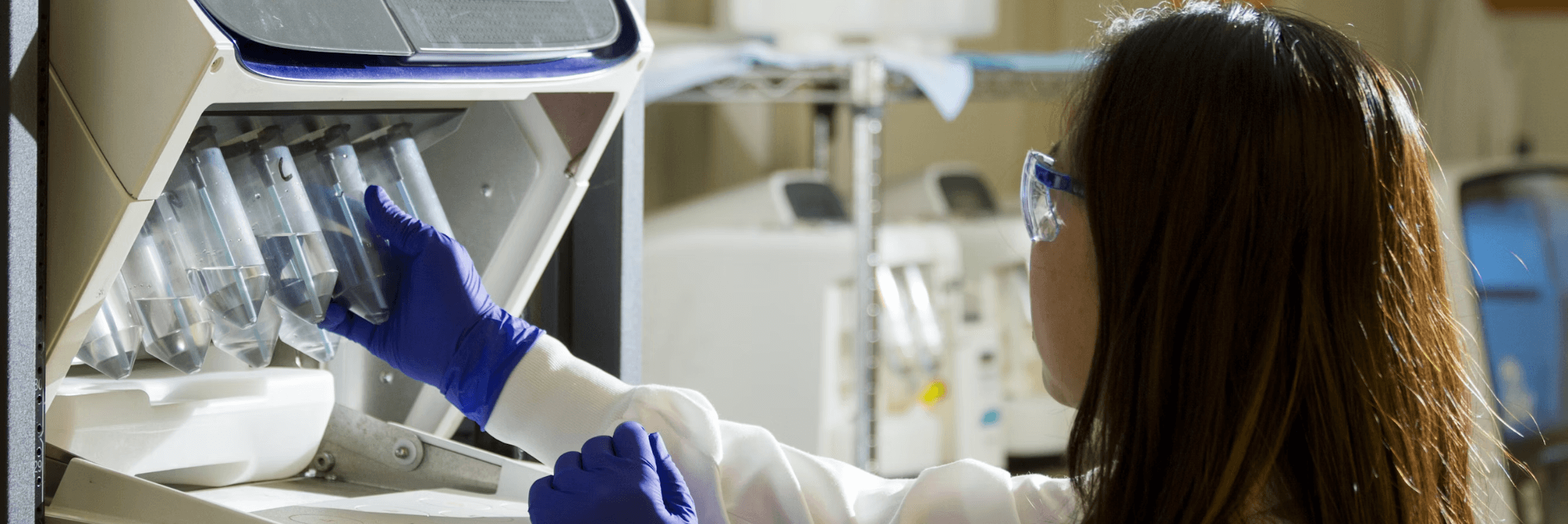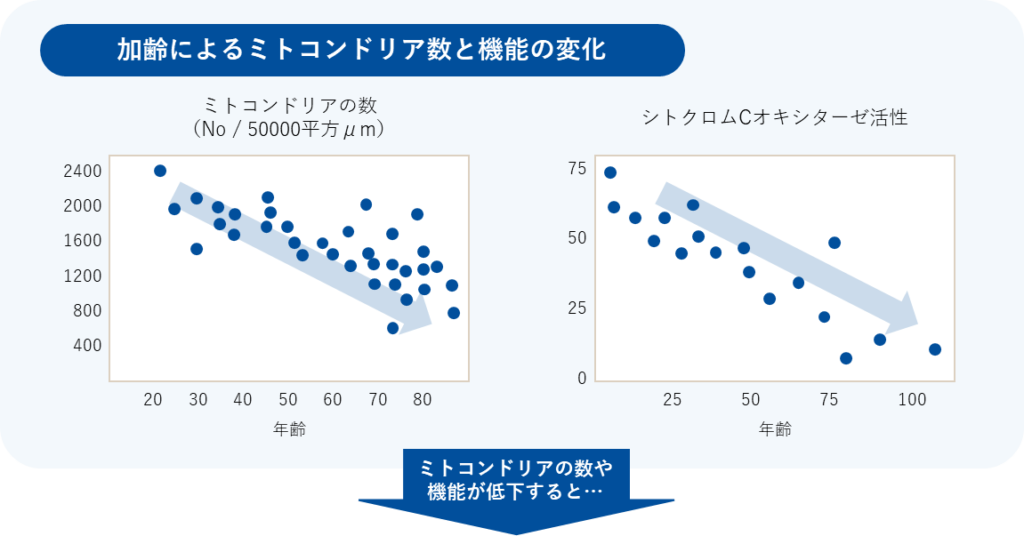
The immune system plays a crucial role in protecting our bodies from external enemies such as bacteria and viruses. However, as we age, this system weakens, resulting in “immunosenescence.” To strengthen immune function and delay the progression of aging, the mitochondria, which produce energy within cells, play a central role.
Mitochondria: The Powerhouses Producing Activity Energy
Our bodies are composed of an estimated 37 trillion to 60 trillion cells. It is the mitochondria that supply sufficient energy for all these cells to function. Mitochondria are like small power stations within the cell, existing sometimes as a single entity in one cell or numbering in the thousands in others. These mitochondria produce the energy source (ATP) necessary for cellular activity.
Mitochondria supply more than 90% of the energy needed by cells, and their efficient functioning keeps cells active and sustains our life. Such activities of mitochondria form the foundation of healthy living processes.

The Immune System Functions Through Energy Produced by Mitochondria
The Immune System Functions Through Energy Produced by Mitochondria
Mitochondria play a central role for our immune system as well.
When foreign substances invade the body, our body mobilizes multiple defense cells to confront these invaders. This natural defense mechanism of the body is collectively referred to as “immunity,” and the cells involved in this process are known as “immune cells.” This includes cells that react immediately to first-time invaders and cells that “remember” previously encountered invaders to respond more efficiently upon their re-entry.
Like other cells, immune cells require energy in the form of ATP, which is generated by mitochondria. The efficient functioning of mitochondria supplies energy to immune cells, thereby maintaining immunity. While producing energy, mitochondria also generate reactive oxygen species, which can be harmful in excess. However, antioxidants within the mitochondria can mitigate the negative effects of reactive oxygen species and use them to attack pathogens.
Furthermore, mitochondria function as regulators of the immune system. In the event of cell damage, they play a role in safely processing that cell and maintaining the body’s equilibrium by suppressing excessive reactions of immune cells.


The body’s functions are influenced in many ways
Basal Metabolism Decreases
Changes in the energy output of mitochondria also affect basal metabolism. A reduction in their number and function makes it harder for food to be converted into energy, leading to an easier accumulation of body fat. ※Basal metabolism refers to the minimum amount of energy required to maintain life, including the energy needed while sleeping.
Increased Risk of Cancer, Diabetes, Stroke, etc.
A decline in mitochondrial function leads to an increase in the secretion of reactive oxygen species, raising the risk of lifestyle diseases such as cancer, heart disease, and stroke.
Muscle Strength Decreases
Mitochondria are involved in the formation of skeletal muscle by producing the energy necessary for cell division, affecting muscle mass. A decline in cell division and proliferation leads to a decrease in muscle mass with age.
Brain Function Declines
Mitochondria are abundantly present in nerve cells. Therefore, a decline in their function can lead to a decrease in brain function and become a cause of dementia, depression, and other conditions.
Visible Signs of Aging
Mitochondria are also related to the energy production for muscles and skin cells, which are essential for the body’s firmness and contour. Thus, they influence the style and aging of the skin.
The Key to Preventing Immunosenescence is Activating Mitochondria
Just as physical strength declines with age, immune strength also weakens over time. Aging is an unavoidable reality, but activating the mitochondria that empower those cells is key to delaying the aging of the immune system as much as possible and ensuring that immune cells continue to function actively.
Recent studies on the Amami Islands, which have the highest number of centenarians per 100,000 people in Japan, have revealed that the division and proliferation of mitochondria within the bodies of the elderly living on the Amami Islands are as active as those in their 20s and 30s.

5-deazaflavin activates mitochondria and assists in the production of energy by mitochondria. If mitochondria are the engines that power cells, then 5-deazaflavin is like the engine oil that facilitates smooth operation. Additionally, within cells, there are genes known as “longevity genes” that are thought to be related to lifespan, and there are reports that 5-deazaflavin also activates these genes, invigorating mitochondria. Mitochondria play a very important role in our bodies, but as we age, the function of mitochondria declines, making it increasingly important to activate mitochondria and keep the immune system youthful as we become older.
Contact
Contact
For questions regarding products and services,
Please feel free to contact us here.

Warning: Undefined variable $official_url in /home/r2091360/public_html/kiranjapan.com/wp-content/themes/karin/fixed-cta.php on line 20
Warning: Undefined variable $amazon_url in /home/r2091360/public_html/kiranjapan.com/wp-content/themes/karin/fixed-cta.php on line 20
Warning: Undefined variable $rakuten_url in /home/r2091360/public_html/kiranjapan.com/wp-content/themes/karin/fixed-cta.php on line 20



